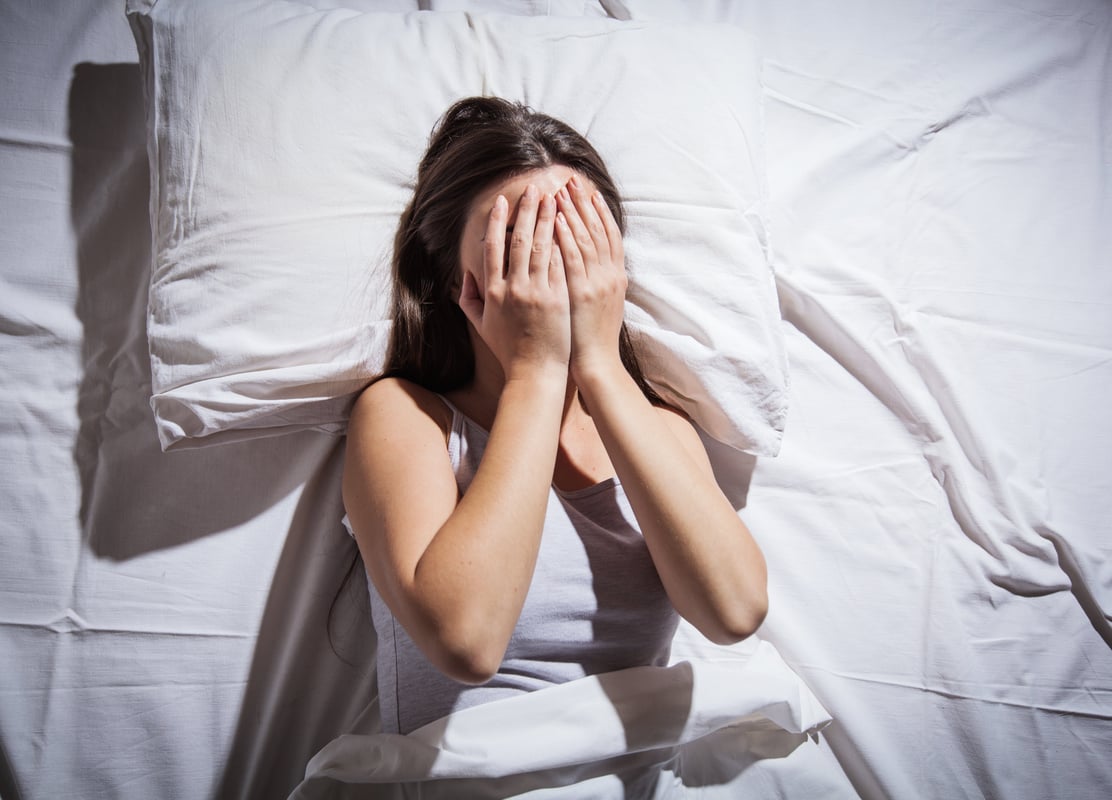Insomnia Partially Explains Link Between Psychotic‑Like Experiences, Suicidal Ideation

WEDNESDAY, Aug. 16, 2023 (HealthDay News) -- Insomnia might be an important risk factor for suicide in people with psychotic-like experiences (PLEs), according to a study published online July 30 in the European Archives of Psychiatry and Clinical Neuroscience.
Błażej Misiak, M.D., Ph.D., from Wroclaw Medical University in Poland, and colleagues examined whether insomnia moderates the association between PLEs and suicidal ideation. The analysis included self-reported data from 4,203 young adults (aged 18 to 35 years).
The researchers found that PLEs are associated with higher levels of current suicidal ideation only in participants with greater severity of insomnia. Similar results were seen in a network analysis. The nodes of connecting PLEs and current suicidal ideation captured PLEs representing deja vu experiences, auditory hallucination-like experiences, and paranoia. The three most central nodes in the network analysis of individuals with higher levels of insomnia included nodes representing PLEs. In an analysis of individuals with lower levels of insomnia, the three most central nodes were represented by depressive symptoms in the network analysis.
"Targeting sleep quality might be important for suicide prevention among individuals with PLEs," the authors write. "However, additional studies in clinical samples are needed to develop specific recommendations."
Related Posts
COVID Lockdowns Linked to Decline in Premature Births
THURSDAY, March 2, 2023 (HealthDay News) -- Premature births dropped during...
More Than 2 Million COVID-19 Home Test Kits Recalled Due to False-Positive Results
FRIDAY, Nov. 12, 2021 (HealthDay News) -- A recall of Ellume at-home COVID-19...
Early Pregnancy Obesity Linked to Adverse Pregnancy Outcomes
MONDAY, Oct. 16, 2023 (HealthDay News) -- Early pregnancy obesity is associated...
